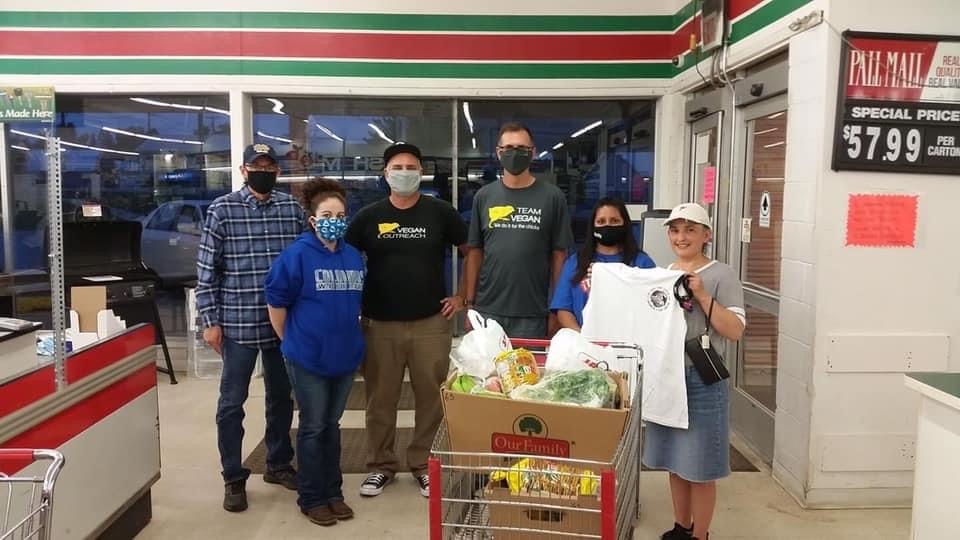Community Recovery Advocates: Addressing Community-Specific Barriers to Equitable Recovery

As we talked to grantees and potential grantees in mid-2020 about their communities’ needs during the ongoing COVID-19 pandemic, one priority continued to rise to the top of the list: Communities across the region faced a gap in culturally and linguistically available services. They needed services provided in languages other than English to abate recovery barriers for the most vulnerable in their communities.
The communities we talked to have one thing in common: They are near a meatpacking plant that employs workers whose first language is often not English. These communities and service providers might have access to resources to assist families. Still, many of those families have not been reaching out for assistance because of language barriers, lack of information or mistrust and fear.
We heard loud and clear that communities needed bilingual navigators, case managers and coordinators. These navigators needed to connect individuals and households with culturally appropriate resources and advocate with other service providers to ensure all services were accessible, no matter the individual’s primary language.
Recovery challenges in Columbus Junction, Iowa
One of these community advocates is Araceli Vazquez-Ramirez, who lives and works in Columbus Junction, Iowa. Born and raised in Mexico (Josefino de Allende Jalisco), she moved to the U.S. at age 17. At that time, she didn’t speak any English but came here like every other immigrant with nothing in her hands but a suitcase full of dreams and aspirations.
In April 2020, the Center for Disaster Philanthropy’s Midwest Early Recovery Fund team met Mike Reyes and Davenport’s League of United Latin American Citizens (LULAC) chapter to learn about the community needs and how CDP can support their efforts to address these issues. The Columbus Junction school district, which includes four other small towns, has 4,400 people. The latest numbers show that 50% of students are Latinx, 20% Asian and 30% white, making this a very diverse area of South Eastern Iowa.
Before and during the pandemic, LULAC volunteers worked tirelessly in several communities across their region of Iowa to ensure that Spanish-speaking families had access to food, health and safety information and other services. They were excited to have a full-time advocate, funded by a CDP grant to Quad Cities Community Foundation and LULAC, in Columbus Junction to work with the Latinx and Chin community members originally from Myanmar in Southeast Asia.
Araceli had already worked in her community on these issues. And because of her lived experience and compassion for her community, she left another role to take on this new challenge. Araceli describes her work as bringing positive and long-term changes to the communities she serves. “Each community has its own needs and assets, as well as its own culture and social structure. … We need to address the community’s priorities first. We need to see who are those who are most directly affected by adverse conditions.”
Real Impact
As I read her monthly reports, I am more convinced that having a person who speaks your language opens access to resources and increases the likelihood of equitable community recovery. It is also fundamental in psychosocial or emotional support. Having a place to share one’s story, in one’s language, where someone listens compassionately and with understanding, is significant; Araceli’s office has been full. Her phone has been continually ringing as people discover she is available to listen and support.
There are many barriers yet to overcome. There is not enough food, and rental assistance is not available for everyone. But Araceli and the Columbus Junction community are stepping up. Families are receiving help filling out paperwork in English and finding legal services. Translators are ensuring that documents are available in several languages. A mobile clinic and COVID-19 testing are coming to the community.
Araceli, in partnership with other service providers in the area, is conducting a needs assessment over the next several months to get a fuller picture of critical gaps in services. Community and regional stakeholders have provided additional funding and resources as they recognize the significant impact of LULAC and Araceli’s efforts. But perhaps most importantly, hope is continuing to build for all families in the area.